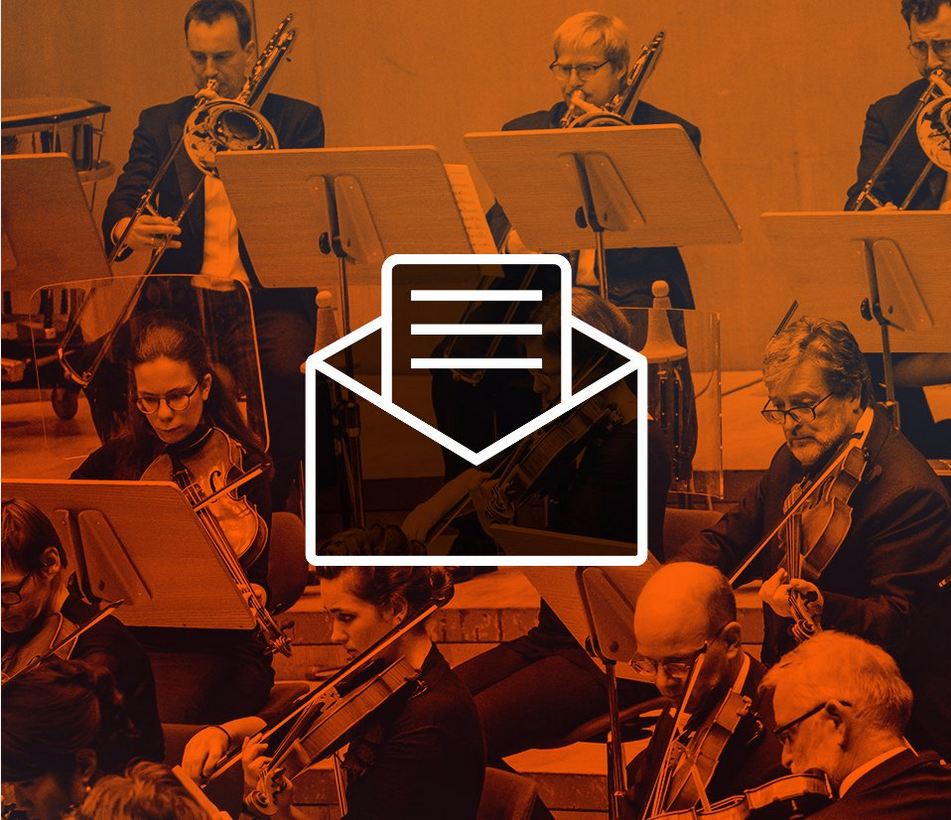Felix Mendelssohn Bartholdy
Sinfonia Nr. 1 C-Dur für Streichorchester (1821)
Sinfonie Nr. 4 A-Dur »Italienische« (1833–34)
Ferruccio Busoni
»Romanza e Scherzoso« für Klavier und Orchester (1921)
Arnold Schönberg
Konzert für Klavier und Orchester (1942)
- Kirill Gerstein Piano
- Gürzenich-Orchester Köln
- François-Xavier Roth Conductor
»When a German travels to Italy, he thinks of Goethe.« Is that still true today? In the 19th century, Felix Mendelssohn – following in Goethe’s footsteps – brought along his Fourth Symphony from the South, which is probably his most popular concert work through the present day. That this symphony in A major ends in minor can only be explained by the melancholy that can take hold of anyone returning home. The pianist and composer Ferruccio Busoni was a dominant figure of the early twentieth century. With his »Sketch of a New Esthetic of Music«, Busoni exerted a great attraction on young artists such as Arnold Schönberg. The two concert pieces for piano and orchestra by Busoni and Schönberg stand for the different paths the two great artists took at the end of their respective lives. While Schönberg aspired in his piano concerto to reconcile Viennese waltzes and the most forward-looking compositional techniques, Busoni allows himself in Romanza e Scherzoso to be seduced one more time by the »unbearable lightness of being«. Kirill Gerstein will bring all the sensitivity needed for both. It is said that the last musical piece Busoni heard was a Song Without Words by Felix Mendelssohn Bartholdy, with whom Busoni had in common not least a predilection for Bach and for counterpoint, as you can hear in the 1st String Symphony by teenage prodigy Felix.

